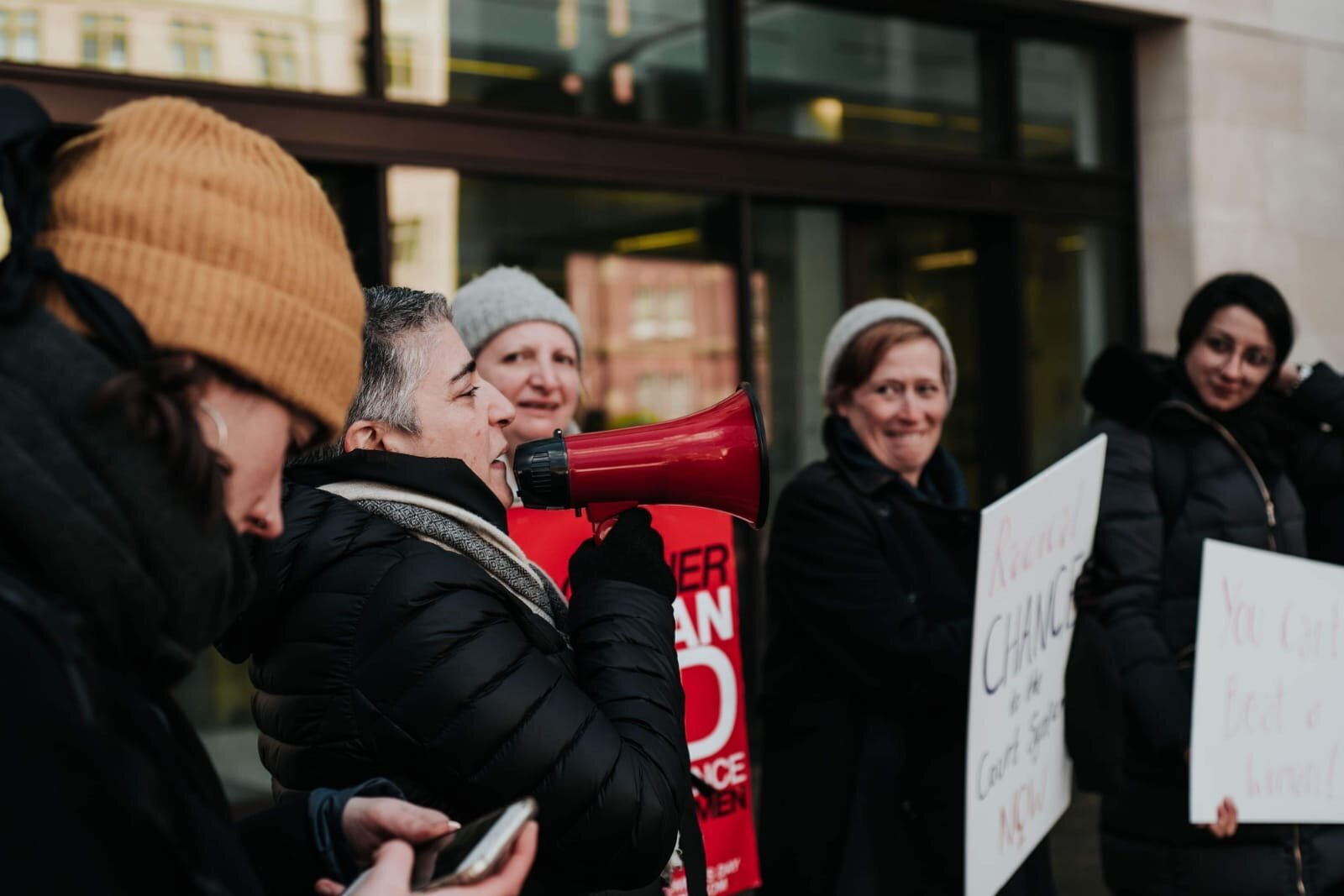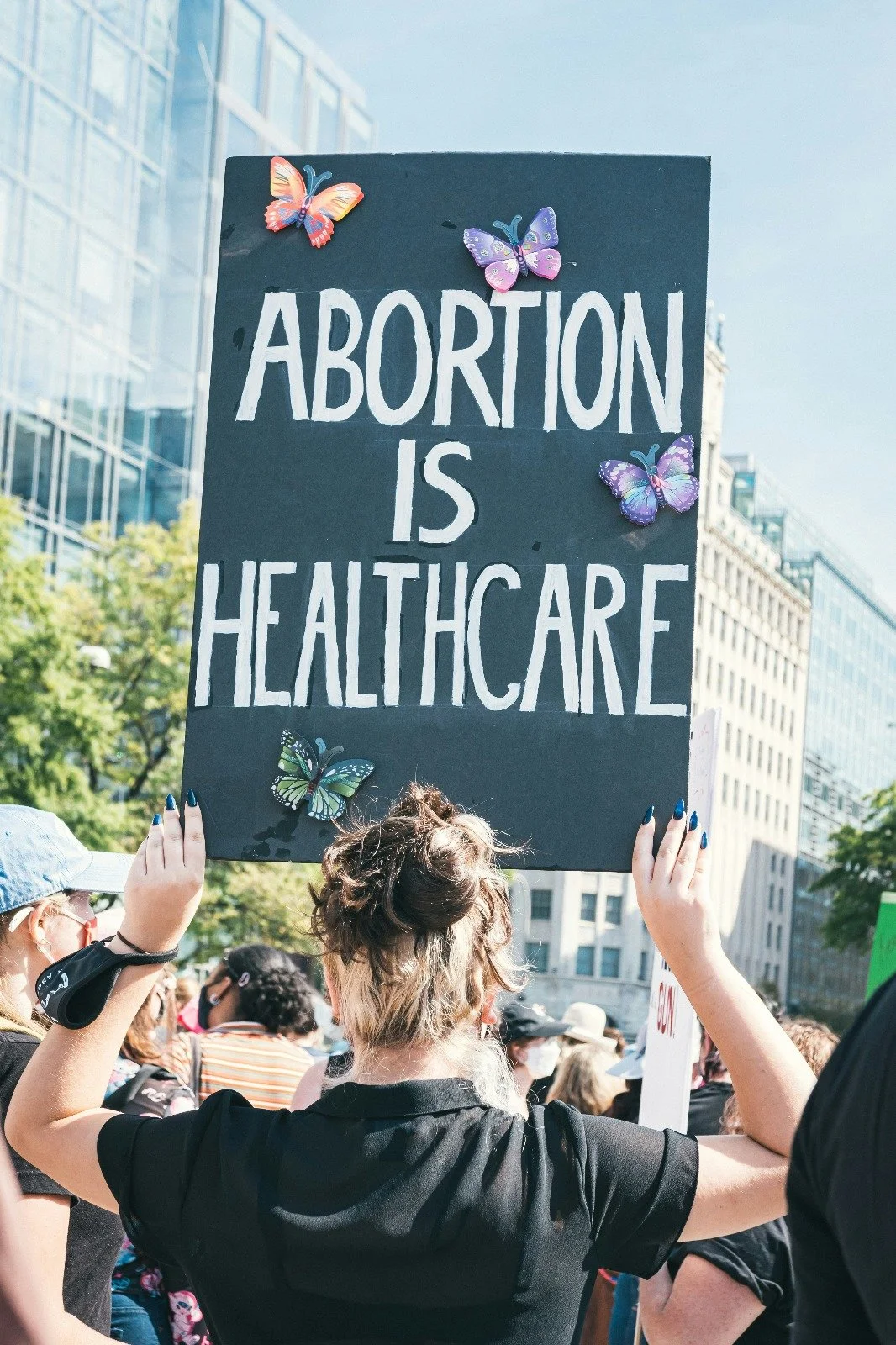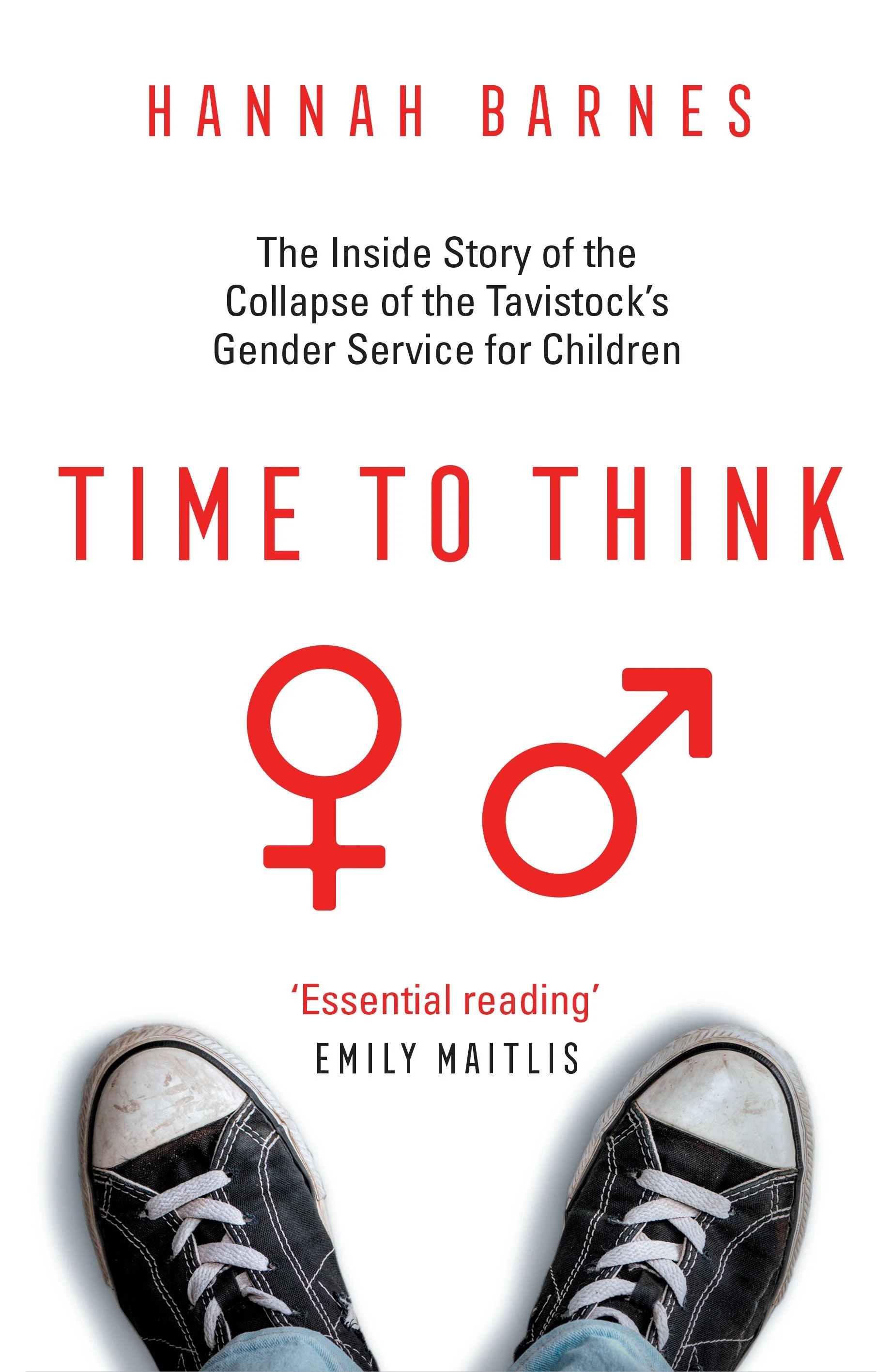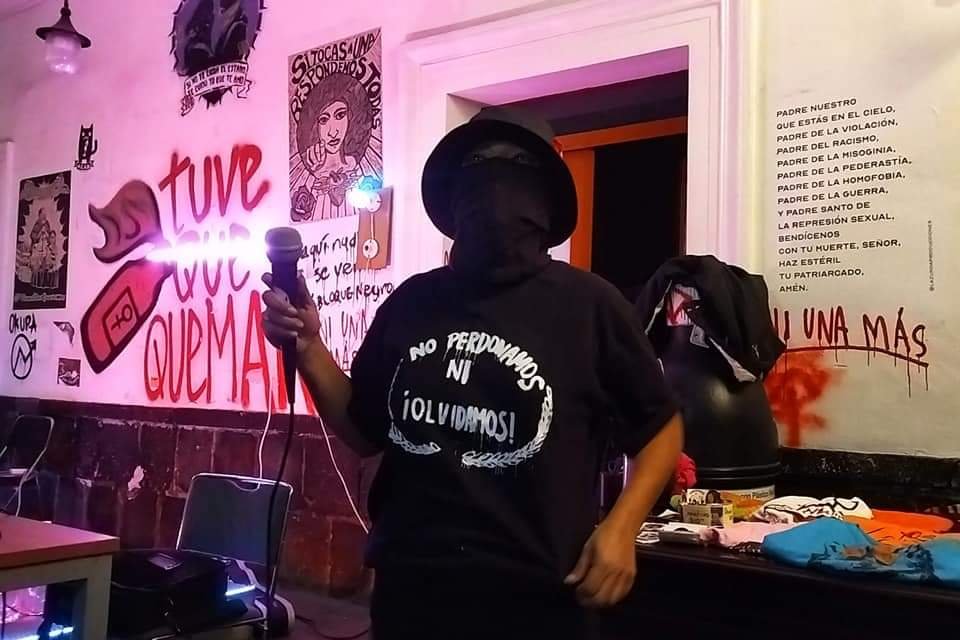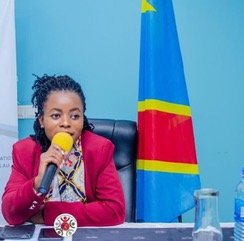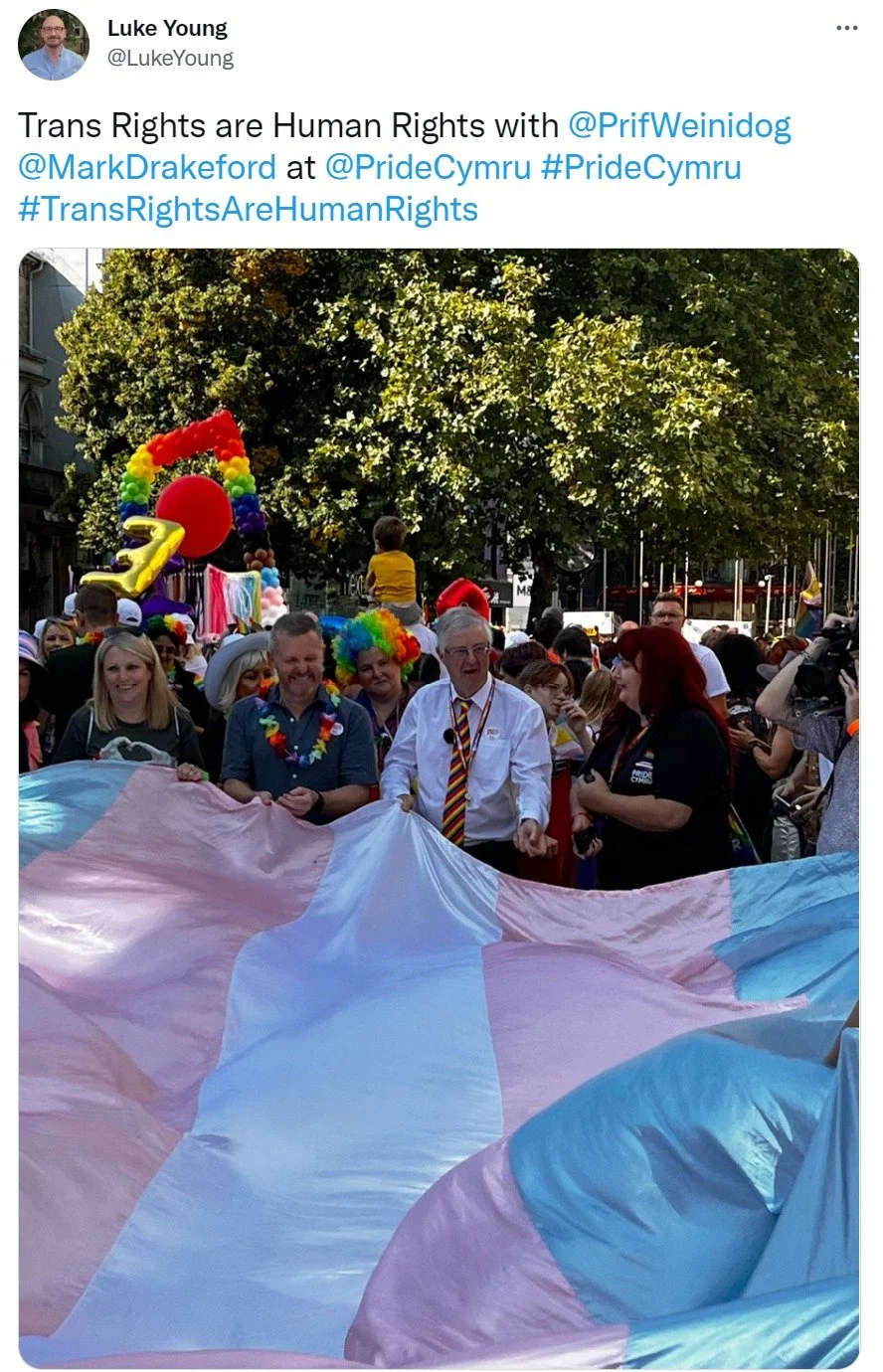As FiLiA volunteers, our group consisted of women from different parts of the world. Some of us grew up believing that sex-based violence was mainly an African issue, shaped by the struggles in our home countries. The UK, after all, prides itself on human rights and women’s rights. But as we stood among thousands of women, each carrying their own stories of pain and survival, we realised a harsh truth: violence against women knows no borders.
Learn about the causes we are fighting for and how you can get involved.
Narrow your search or read everything.
One of the most terrifying experiences women face is the Home Office Reporting System. For years, I had to report in person every single week, knowing that, at any moment, I could be detained.
The impact on mental health is devastating. The days before reporting are filled with anxiety, not knowing if you will come back, not knowing if that would be your day to disappear into detention.
The fear is relentless. Reporting is framed as a welfare check, but we must call it what it truly is: state-sanctioned psychological warfare. These women already live under strict controls, in National Asylum Support Service accommodation, barely surviving on limited financial support. The Home Office knows exactly where they are. So why force them to report? To keep them in fear.
The House of Commons held a general debate for International Women's Day on Thursday 6th March 2025. This briefing, sent to MPs to participate in the debate, introduces FiLiA’s new campaign to urge the Government to better recognise and consider women in their policy making, including by consulting with a variety of women's organisations for all policy affecting the public, and consistently producing thorough Equality Impact Assessments.
As a national organisation working for women’s sex-based rights, we are writing to express our considerable anger and distress at the news that the National Police Chiefs’ Council is reviving the discredited guidance allowing male staff identifying as women to perform intimate searches on women. The fact that this would bring all police forces into line with the recently-declared policy of British Transport Police increases the fury among women concerned about women’s rights.
We all know how we got here. The failure of the left to address the gender identity activism gave this extraordinary open goal to the right. It was all predictable; we predicted it. Now we’re here.
This does not absolve us from thinking critically about the harmful consequences of working with Christian Right groups, including the ADF and the Heritage Foundation, which are coalition partners in Project 2025.
We urge the England Cricket Board to withdraw the England team from the forthcoming match against Afghanistan on 26th February, which is scheduled as part of the International Cricket Council Men’s Champions Trophy 2025 tournament. To go ahead with this match, while the Afghanistan government further restricts women’s rights and the ability to have any social existence, implies that the Board and the team are unconcerned about the denial of the most basic human rights for female people.
This is not all of us ‒ the killed ones are missing.
This was the chanting of thousands of mostly Women that marched along the Gran Via in Madrid yesterday, accompanied by the drumming of a group of Women dressed in black that seemed to replicate the heartbeat of those of us there and echo the ones of those who are no longer with us.
One wonders how the world’s largest human rights organisation, whose main claim is to ‘work to protect people wherever justice, freedom, truth and dignity are denied’ has found itself in opposition to women - some of whom have been victim to the most egregious suppression of their rights and dignity - discussing what has happened to them and why.
Women are rightly critical of trade unions. Sexism and misogyny abounds and Women raising concerns about their sex-based rights have been, at best, ignored and at worst vilified and attacked. Many Women now feel that unions are working in opposition to our rights. But trade unions remain a powerful force within UK society and Women make up the majority of the membership. Can we make the union movement work for us?
Yasmin Morais is the founder of Vulva Negra, the first materialist feminist project ‘born from the desire to unite the materialist perspective of radical feminism with the narratives of black theorists and the lived experience of black Brazilian and Afro-Latin women.’ Yasmin travels around Brazil and the world with her itinerant lectures at the ‘Encontro Feminista Vulva Negra’ (Vulva Negra Feminist Meeting).
In this interview, Andreia Nobre talks to Yasmin Morais about the many pressing issues currently affecting Brazilian women, including femicide, domestic violence and the plight of black and brown women in a Latin American country, despite the country having been under a leftist government since Luiz Inácio Lula da Silva was elected for office in 2022 for the third time.
Hannah Barnes is an award-winning BBC journalist, whose recent book Time to Think details what happened at the Gender Identity Development Service in London, a clinic beset by controversy. She joins FiLiA in discussion about her work. While Barnes does not approach the subject of gender identity medicine from a feminist perspective, her research and insights make worthwhile reading for women questioning the medicalisation of children.
An interview with Arely Reyes Castillo, a Mexican feminist recently prosecuted and incarcerated because of her activism. Her ordeal illustrates the political persecution that feminist campaigners and other activists in Mexico are subjected to by government institutions and the severe consequences of this criminalisation.
FiLiA along with 17 groups with concerns about the SNP’s controversial gender reforms has written to Scottish Labour and the Scottish Tories to ask them how they propose to address the issues. The groups include Women’s rights and LGB campaigners, clinicians and parents of children with gender dysphoria.
Halaleh Taheri, founder & executive Director of MEWSo looks at the right to access an abortion, a right that the women’s movement including British women, fought long and hard for over many decades and which is now under serious attack all over the world from America to Asia to the Far East, and even in Britain.
Following on from PrideCymru2022, where campaign group Get The L Out UK were told to leave by South Wales Police, we attended a ‘Future of Wales’ event. Here, we share the question we put to First Minister for Wales, Mark Drakeford, asking why Women in Wales in 2022 are frightened to speak about their sex-based rights.

